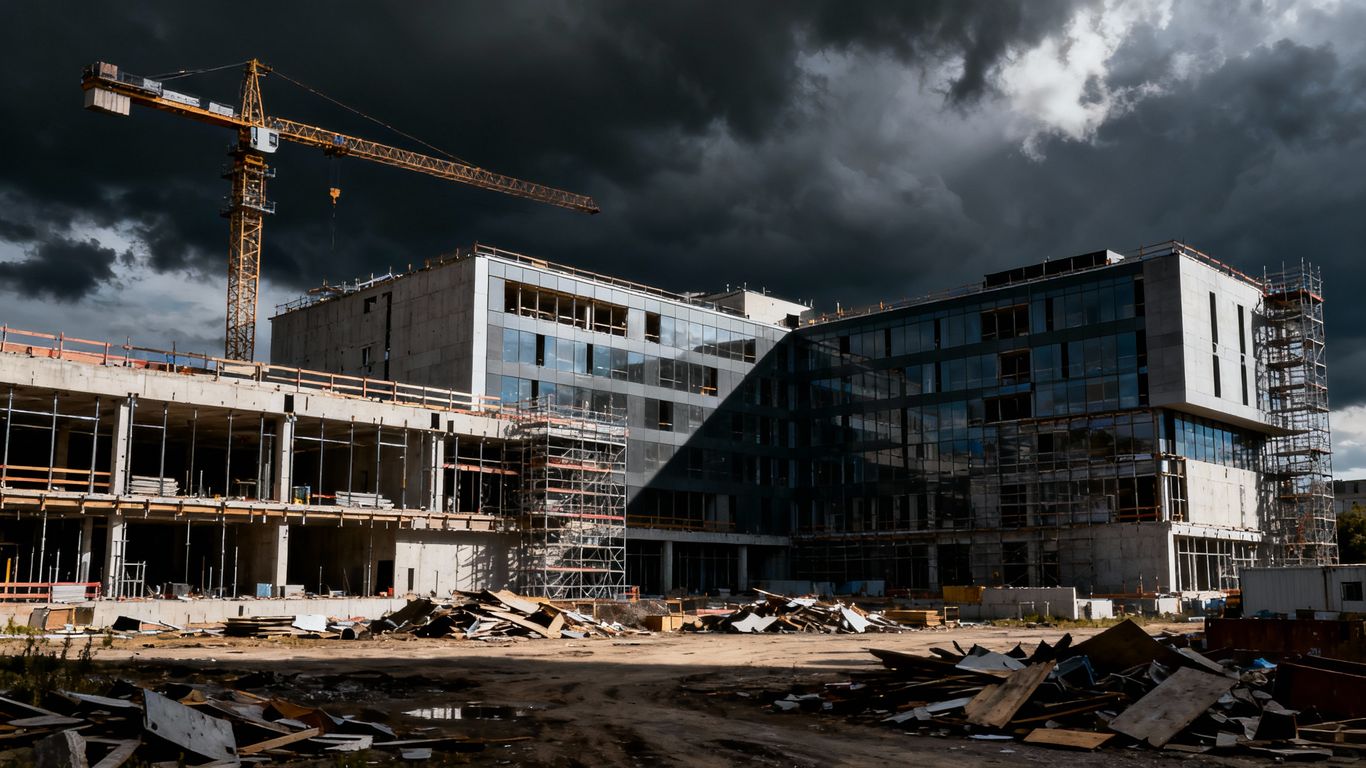
Richmond, B.C. – A massive $726 million development project in Richmond, once hailed as a symbol of the city's housing boom, has become a legal battleground. The stalled Atmosphere complex, involving private lender Romspen Investment Corporation and Global Education Communities Corp. (GECC), highlights the risks and fallout from Canada's overheated real estate market.
Announced in 2017 at the peak of Vancouver's real estate surge, the Atmosphere project in Richmond was designed to be a seven-tower complex offering over 800 homes and office spaces. A significant portion of the development was tied to Global Education Communities Corp. (GECC), a company specializing in providing education and accommodation for international students, primarily from China. GECC had pre-purchased two towers and office space valued at over $100 million, securing the deal with a substantial deposit.
Romspen Investment Corporation, known for its higher-risk lending practices, entered the project in 2019. The Toronto-based lender advanced $90 million in loans and arranged a $422-million construction facility, with its own commitment totaling $212 million. Romspen operated on a "10 and 2" model, offering higher interest rates and fees compared to traditional banks. By the spring of 2020, Romspen had disbursed $143 million but abruptly halted further funding, citing its inability to syndicate the loan with other lenders. This withdrawal left the project with an "excavated and shored hole in the ground" and without replacement financing, leading to the developers entering creditor protection by mid-2022.
The project's collapse triggered a series of lawsuits. Romspen sued the developers for outstanding debt, while the developers countersued for breach of contract. GECC also launched its own action, alleging Romspen had breached its obligations. Initially, a B.C. Supreme Court judge ruled in favor of Romspen in August 2024, finding the lender had not breached the agreement by cutting off funds. However, this decision was largely overturned by the B.C. Court of Appeal on September 22, 2025. The appellate court determined that Romspen had breached the loan agreement by refusing further advances and sent the case back for a damages assessment.
The Atmosphere dispute serves as a stark reminder of the vulnerabilities within Canada's property market, which has been significantly influenced by foreign capital over the past decade. The entanglement of private lenders, speculative developers, and international student housing operators in such projects highlights systemic risks. As the government aims to address housing affordability, the fallout from projects like Atmosphere raises questions about the stability and future direction of the Canadian real estate landscape.